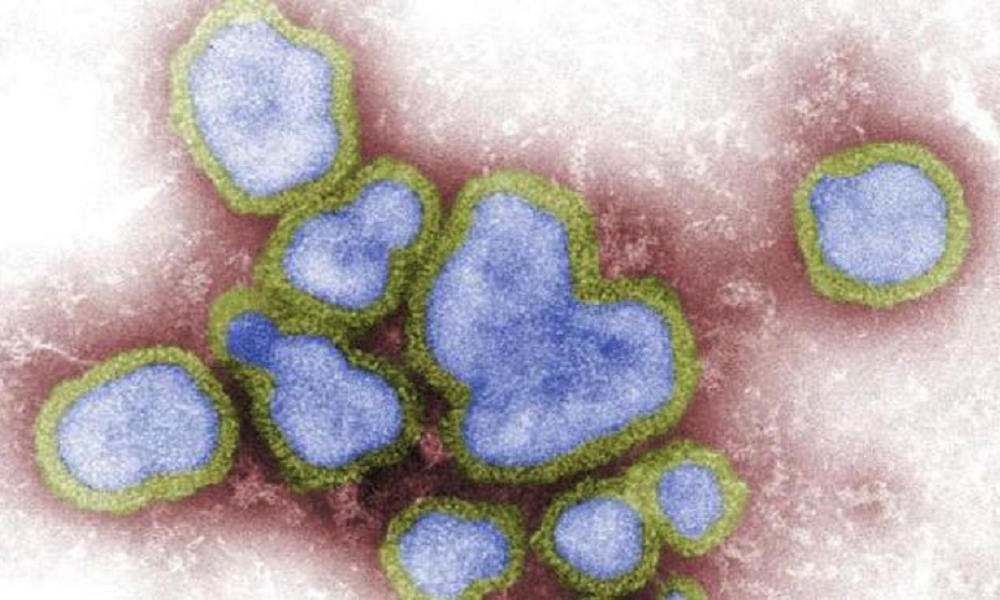World
China reports 2 more human cases of H5N6 bird flu

Two more people in mainland China have tested positive for H5N6 bird flu, raising the number of cases reported so far this year to 10, officials say. A recent spike in human cases has led to calls for increased surveillance.
The Hong Kong Health Department said in a statement that it was notified about two additional cases in humans in the Guangxi Region and Jiangsu Province. Both cases occurred in mid-January but were not immediately made public by local officials.
The first case, a 50-year-old man from Baise City in Guangxi, fell ill on January 12 after exposure to live poultry. He was taken to an area hospital the next day and was last reported to be in critical condition.
The second case, a 35-year-old man from Zhenjiang City in Jiangsu Province, fell ill on January 15 after visiting a live poultry market. He was admitted to hospital on January 19 and remains in critical condition.
Only 69 people have been infected with H5N6 bird flu since the first confirmed case in 2014, but most of them were reported during the past year. 10 cases, including two deaths, have been reported so far this year.
Click here for a list of all human cases to date.
H5N6 bird flu is known to cause severe illness in humans of all ages and has killed nearly half of those infected, according to WHO. There are no confirmed cases of human-to-human transmission but a woman who tested positive last year denied having contact with live poultry.
“The increasing trend of human infection with avian influenza virus has become an important public health issue that cannot be ignored,” researchers said in a study published by China’s Center for Disease Control in September. The study highlighted several mutations in two recent cases of H5N6 bird flu.
Thijs Kuiken, professor of comparative pathology at Erasmus University Medical Center in Rotterdam, expressed concern about the rising number of cases. “It could be that this variant is a little more infectious (to people) … or there could be more of this virus in poultry at the moment and that’s why more people are getting infected,” Kuiken told Reuters in October.
Earlier that month, a WHO spokesperson said the risk of human-to-human transmission remained low because H5N6 has not acquired the ability for sustained transmission between humans. However, the spokesperson added that increased surveillance was “urgently required” to better understand the rising number of human cases.

-

 World1 week ago
World1 week agoEthiopian volcano erupts for first time in thousands of years
-

 Legal5 days ago
Legal5 days agoUtah Amber Alert: Jessika Francisco abducted by sex offender in Ogden
-

 US News4 days ago
US News4 days agoExplosion destroys home in Oakland, Maine; at least 1 injured
-

 Health5 days ago
Health5 days agoMexico’s September human bird flu case confirmed as H5N2
-

 World5 days ago
World5 days agoWoman killed, man seriously injured in shark attack on Australia’s NSW coast
-

 Legal23 hours ago
Legal23 hours ago15 people shot, 4 killed, at birthday party in Stockton, California
-

 Health4 days ago
Health4 days agoMarburg outbreak in Ethiopia rises to 12 cases and 8 deaths
-

 US News4 days ago
US News4 days agoEarthquakes rattle area between Salinas and Hollister, California




